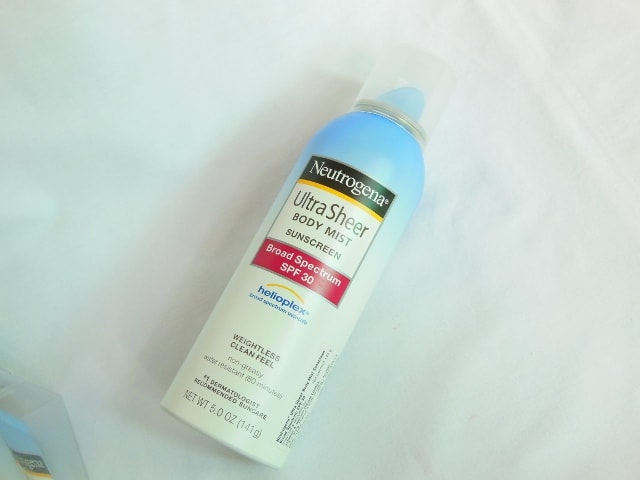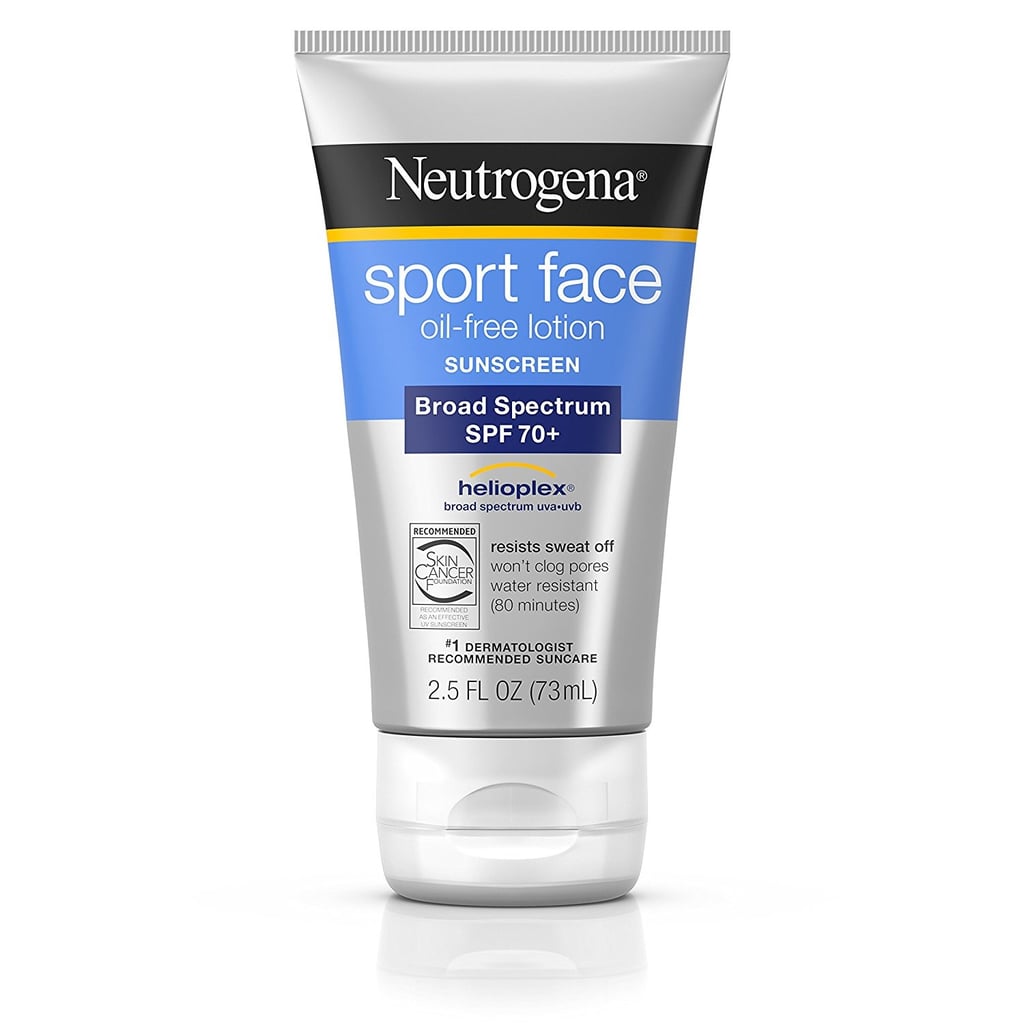

Who makes neutrogena sunscreen skin#
In fact, experts often recommend zinc oxide as an active ingredient for those with specific health concerns or skin issues.

There are many benefits to using a zinc oxide sunscreen, including that z inc oxide is considered a safe ingredient for sunscreens and skincare by both the FDA and dermatologists. Regardless, remember to reapply sunscreen throughout the day. If your SPF is water-resistant, it will be indicated on the packaging.

✔️ Water resistance: Especially if you're at the beach or pool or going to be sweating, it's important to choose a water-resistant sunscreen. So, the Beauty Lab advises choosing at least SPF 50. ✔️ SPF: Though the American Academy of Dermatology recommends using SPF 30 or higher, GH Beauty Lab tests have shown that consumers only apply about one-third of the amount necessary to achieve the listed level of SPF. Note that some zinc oxide sunscreens may also contain titanium dioxide (another mineral active) or chemical actives. If you want a pure zinc oxide formula, that should be the only active ingredient listed. ✔️ Zinc oxide f ormula: Confirm your sunscreen contains zinc oxide in it. To be certain your sunscreen has this, look for the wording "broad spectrum protection" on the packaging. ✔️ Broad spectrum protection: Regardless of what formula or brand use, you want broad spectrum protection from your sunscreen to provide defense against both UVA and UVB rays. Based on the GH Beauty Lab's extensive testing, these are the best zinc oxide sunscreens for face and body to buy in 2023. When testing sunscreens, we send them out to real consumers to try - nearly 1,200 people in our most recent test - and after testers fill out an extensive questionnaire, our pros sort through the data to find the best ones to recommend. Our pros know about the best formulas and latest ingredients and stay on top of the current regulations. No matter if you use a mineral or chemical sunscreen, remember to reapply, especially if you're sweating or getting wet at the beach or pool.Īt the Good Housekeeping Institute, our Beauty Lab scientists regularly test and evaluate all kinds of sunscreens, including sunscreens for kids and babies, natural sunscreens, sunscreen for sensitive skin and more. Unlike their chemical counterparts that work by absorbing the sun's harmful UV rays, these mineral sunscreens protect you from the sun by sitting on top of skin and physically blocking or reflecting that radiation. The FDA is continuing to evaluate chemical actives and has not reached a conclusion on their safety yet (but recommends using both mineral and chemical formulas until then). Currently, the FDA has concluded that zinc oxide and titanium dioxide are the only two sunscreen actives that are safe and effective. SPFs with zinc oxide or titanium dioxide are considered mineral sunscreens, a popular alternative to chemical formulas. You've probably heard the term "zinc oxide" a lot recently, and it's for a good reason. We updated this article in April 2023 to ensure all products tested and vetted by the Good Housekeeping Institute Beauty Lab were in stock we also added several new picks to the list.


 0 kommentar(er)
0 kommentar(er)
